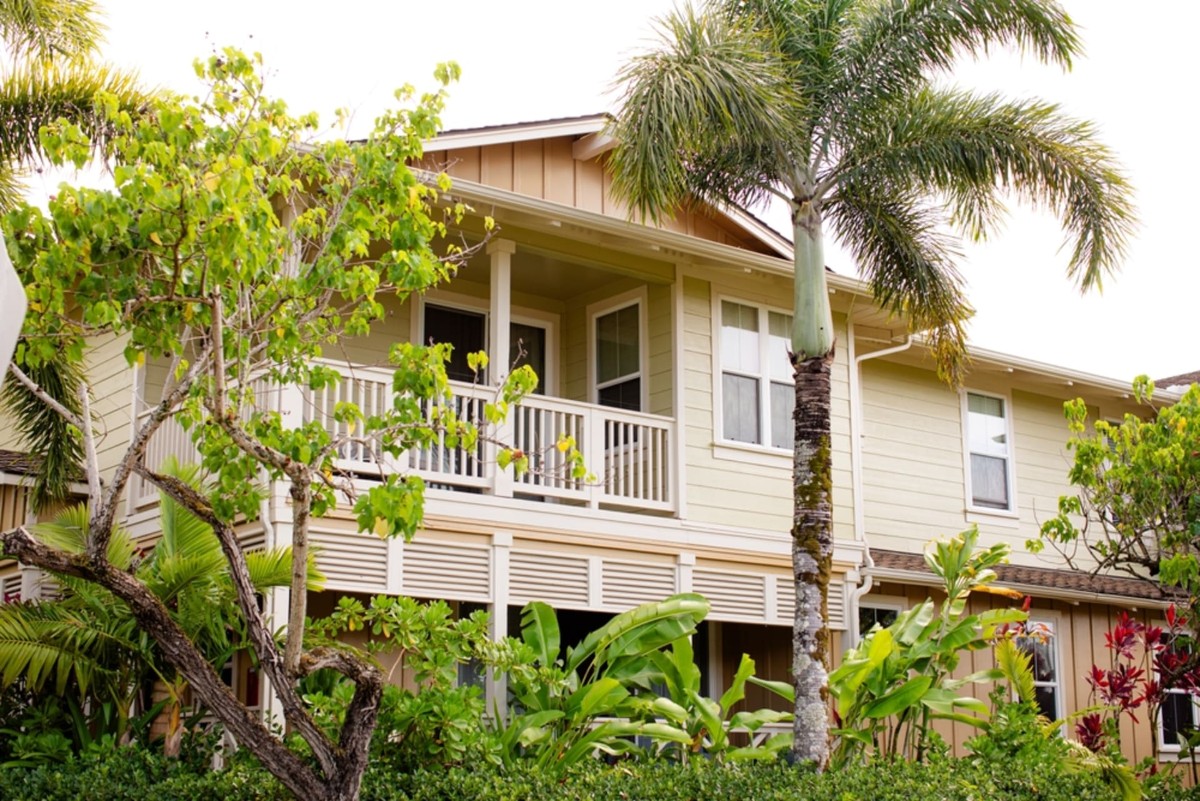Hawaii’s tourism industry plays a huge role in the state’s economy, and short-term rentals have become a significant segment of this market. In response to growing concerns over affordable housing, over-tourism, and neighborhood disruptions, Hawaii has introduced a variety of regulations to control and manage short-term rentals.
These regulations vary by island and municipality, so it’s important to familiarize yourself with the local laws before you decide to list your property or book a stay.
Key Regulations for Short-Term Rentals in Hawaii
Here’s an overview of the most important regulations property owners need to be aware of:
- Legal vs. Illegal Short-Term Rentals
In Hawaii, not all short-term rentals are permitted. The state has classified properties based on zoning laws, and whether or not a rental is allowed often depends on the specific area. For example, short-term rentals in residential neighborhoods are strictly regulated or even prohibited in some areas. - Registration and Permits
All short-term rental operators in Hawaii are required to register with the appropriate county and obtain a permit. These permits are essential for legal compliance, and the process can vary by county:- Oahu: Requires a Certificate of Registration for short-term rentals. You must also comply with zoning laws and ensure your property is in an area where short-term rentals are allowed.
- Maui: Requires a Short-Term Rental Permit for properties in residential districts. You’ll need to submit an application and meet certain criteria, including providing proof of your tax ID.
- Big Island and Kauai: Similarly, these counties require short-term rental registration, and you must provide accurate property details to ensure compliance.
- Taxes and Fees
All short-term rentals in Hawaii are subject to state and county taxes. The Transient Accommodations Tax (TAT) applies to most rentals, which is currently set at 10.25% for the state of Hawaii. Additionally, you may need to collect General Excise Tax (GET), which is another requirement for property owners engaged in renting out their spaces.
Failure to collect or remit these taxes can result in heavy fines and penalties. Be sure to consult a tax professional to ensure you’re meeting all your obligations. - Occupancy Limits
Depending on the county, there are restrictions on the number of people who can occupy a short-term rental. For example, Oahu limits rentals to no more than two people per bedroom, and some islands enforce a maximum number of guests based on the property size. - Minimum Stay Requirements
Some counties enforce minimum stay requirements, meaning you cannot rent your property out for just one night. For example, Oahu enforces a 30-day minimum stay for short-term rentals in residential areas. This is something to consider if you’re planning on offering flexible rental periods. - Neighborhood Impact and Complaints
Hawaii’s local governments are focused on minimizing the impact that short-term rentals have on residential neighborhoods. This includes noise ordinances, parking requirements, and prohibitions on holding large parties or gatherings. Property owners are responsible for ensuring that their renters respect the local community’s peace and quiet.
How to Stay Compliant with Hawaii’s Short-Term Rental Laws

- Do Your Research
Before listing your property, research the specific rules that apply to your area. Each island and county has its own set of rules, so it’s important to know exactly what you’re dealing with. - Apply for the Necessary Permits
Ensure that you apply for the correct permits and that you have all your documentation in place. Without a valid permit, your short-term rental operation could be shut down, and you may face penalties. - Keep Records and Pay Taxes
Make sure you keep accurate records of all your rental income, and always remit the necessary taxes on time. Consult a tax professional to ensure you’re properly handling the Transient Accommodations Tax (TAT) and General Excise Tax (GET). - Maintain Your Property
Ensure that your property meets all safety and zoning requirements. Regularly inspect it for maintenance issues and respond to any complaints from neighbors promptly. - Educate Your Guests
As the property owner, you are ultimately responsible for ensuring your guests understand and comply with local rules. Provide your guests with a clear set of guidelines, including noise restrictions, parking rules, and other neighborhood expectations.
Why It’s Worth Navigating the Regulations
While Hawaii’s short-term rental regulations may seem complex, they are designed to protect both the local communities and the tourism industry. By following the rules, property owners can operate their businesses legally and sustainably while maintaining positive relationships with neighbors.
Ready to Get Started with Your Short-Term Rental?
If you’re a property owner looking to rent your space in Hawaii, or a traveler planning your next Hawaiian getaway, it’s essential to understand the local laws and regulations. Contact us today to learn more about how we can help you navigate Hawaii’s short-term rental laws, whether you’re looking to rent out your property or find the perfect vacation rental!

